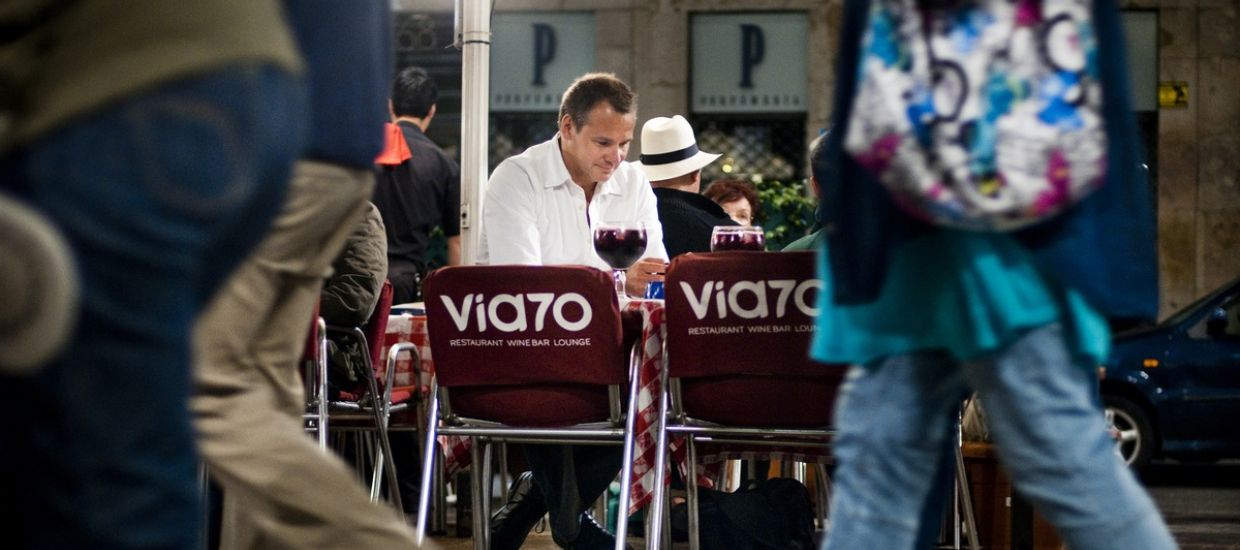"Russian freed, INS faces ethics probe"
Legal Times
September 1, 1997
A settlement agreement between the district director of the Immigration and Naturalization Service and Alexandre Konanykhine made the long-jailed Russian banker a free man on Aug. 26, and the Justice Department has indicated that the INS lawyers who sought to keep him behind bars will themselves be investigated.
U.S. District Judge T.S. Ellis III endorsed the settlement - which also requires the INS to pay $100,000 in legal fees to Konanykhine's pro bono counsel at Arent Fox Kintner Plotkin & Kahn - and ordered Assistant U.S. Attorney Robert Spencer to confirm within 30 days that there will be an internal probe by the Department of Justice of the INS lawyers' conduct.
"What I'm interested in now is whether a misrepresentation has been made to this court" by INS lawyers about their motives for keeping Konanykhine in custody, Ellis said from the bench.
In jail for more than a year and then under house arrest for the past month, Konanykhine, 30, spent his first days of freedom taking hours-long walks with his wife Elena Gratcheva in their Northwest Washington neighborhood.
Konanykhine and Gratcheva entered the United States on business visas in 1992. Konanykhine, who made a fortune in post-Communist Russia as the head of the All-Russian Exchange Bank, claims he was fleeing from the Russian mob when he entered the U.S. from Antigua.
Russian prosecutors pursued Konanykhine in the United States, claiming that he had stolen $8 million from his own bank, and the couple were arrested in June 1996 for alleged visa violations. Gratcheva was released on bond, but Konanykhine was jailed in Virginia.
INS lawyers told Ellis in three habeas corpus hearings that Konanykhine had lied on his business visa, is a fugitive from justice in Russia, and should be kept in custody because he is a flight risk.
But at a July 22 hearing, a former INS attorney who originally prosecuted the cases against Konanykhine and a former agent of the KGB testified that INS officials, including District Counsel Eloise Rosas, the top lawyer in the office, had misled the court about their reasons for detaining Konanykhine and had ignored suggestions that some of the evidence against him is flawed.
Antoinette Rizzi, the former INS prosecutor, alleged that Konanykhine had been detained because the INS had promised Russian prosecutors that he would be held in custody until he could be returned to Russia. The United States does no have an extradition treaty with Russia. Under U.S. law, therefore, if he were deported, he could only be returned to the country from which he entered the United States - Antigua.
All of the original lawyers for the INS have been removed from the case since the last habeas hearing in July.
David Kline, a lawyer with the Justice Department's Office of Immigration Litigation, negotiated the settlement for the INS. It was reached in August and formally entered by Ellis on Aug. 26.
In response to the judge's inquiries from the bench last week, Kline told Ellis that a "wrongdoing investigation is going to be conducted by the Office of Professional Responsibility."
The OPR initially looked into the matter before Rizzi's testimony but dismissed it. Kline indicated last week that he understood it would be reopened in light of the recent developments. "There seems to be no reason why the Office of Professional Responsibility shouldn't look into it," Kline said.
Ellis agreed. "Let this matter proceed by way of the Office of Professional Responsibility, but this court wants to be advised of it ... before I use the resources of the court to do it myself."
The settlement is a major victory for Konanykhine and for his two lawyers who originally took the case pro bono - John Nassikas II, of counsel at Arent Fox, and D. Jacques Smith, a senior associate at the firm.
In a separate matter, Konanykhine and Gratcheva are still pressing their immigration case. Last year, the two filed for asylum,. claiming Russian mobsters were trying to steal Konanykhine's business and would have him jailed or killed if he were returned to Russia.
An immigration judge originally denied the petitions. The Board off Immigration Appeals agreed to hear oral arguments in July, but on the eve of that hearing, INS lawyers agreed to have the asylum issue remanded to an immigration judge.
Konanykhine's immigration lawyer, Michael Maggio of D.C.'s Maggio & Kattar, says he is hopeful that in light of the new developments, the INS will agree to grant Konanykhine permanent resident status, or at least political asylum. "The next stage in this case for us is, we hope, to be able to resolve Mr. Konanykhine's situation without the need for a new hearing," Maggio says


